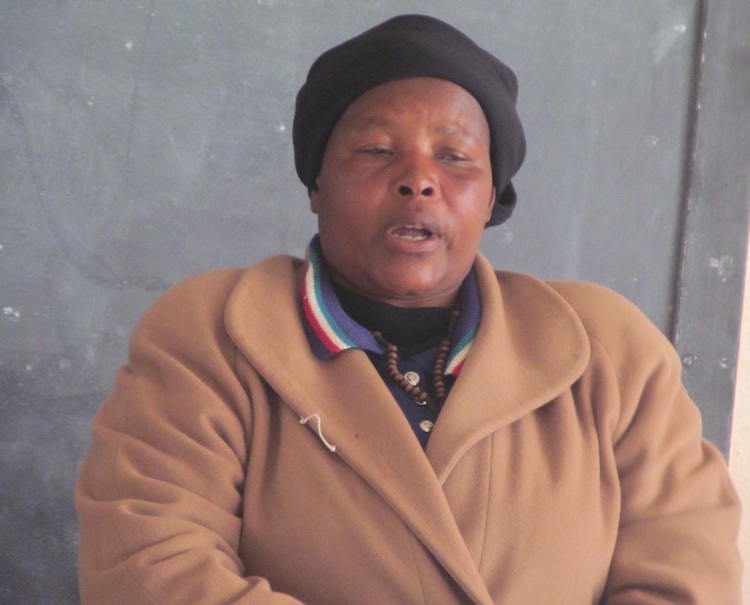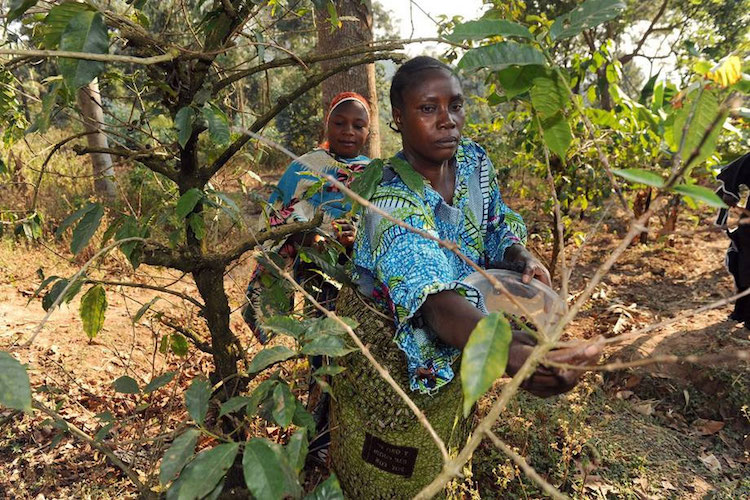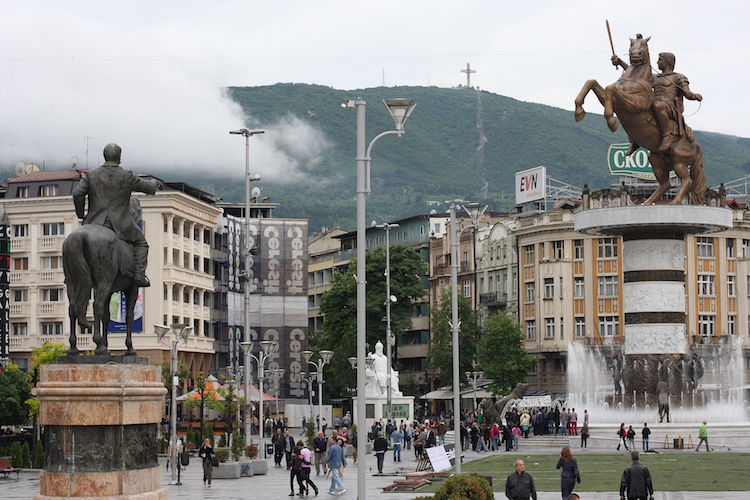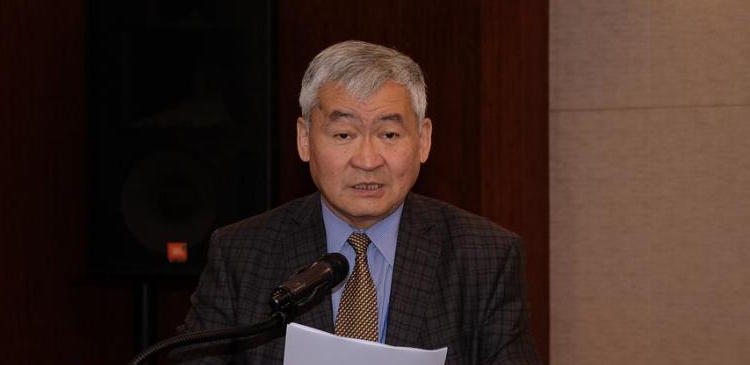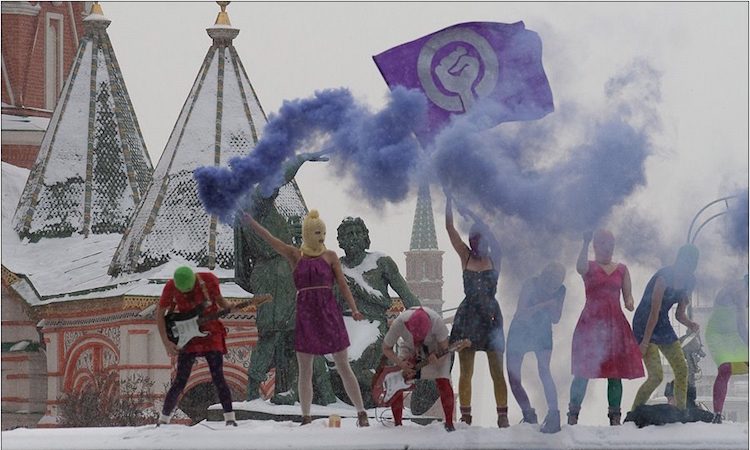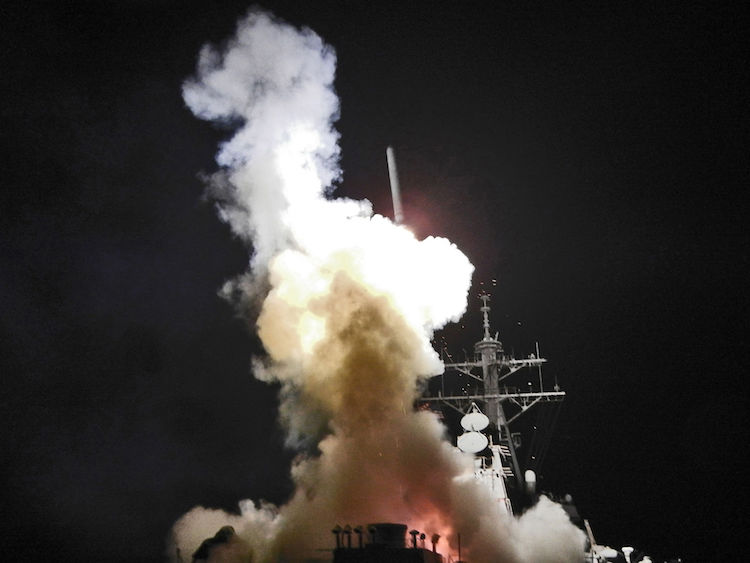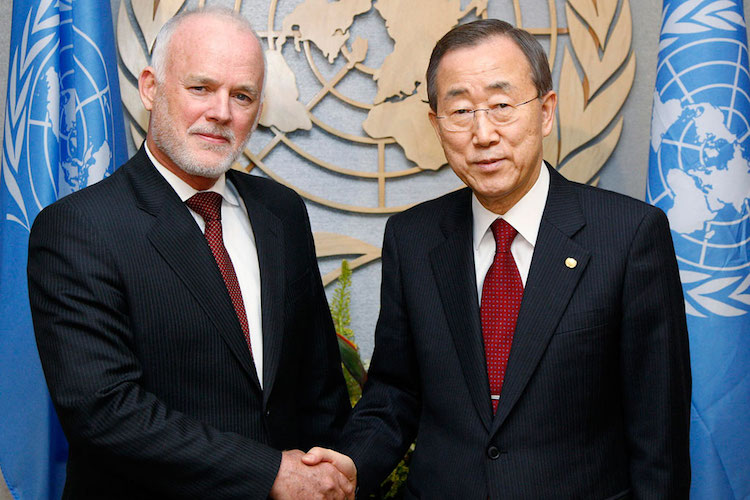Viewpoint by Tariq Rauf*
STOCKHOLM (IDN) – The United States Geological Survey (USGS) has reported that at 00:30 UTC, a seismic event magnitude 5.3 was detected in North Korea that possibly could be the second nuclear test carried out this year by the Democratic People’s Republic of Korea (DPRK/North Korea). The DPRK carried out its fourth nuclear test in January this year, following earlier tests in 2013, 2009 and 2006. Early speculative estimates put the yield close to that of the Hiroshima bomb (10-15 kilotons), which makes it the most powerful DPRK test to date.


